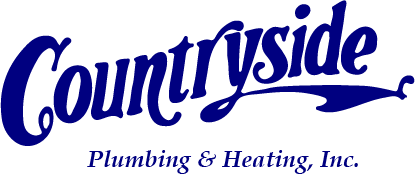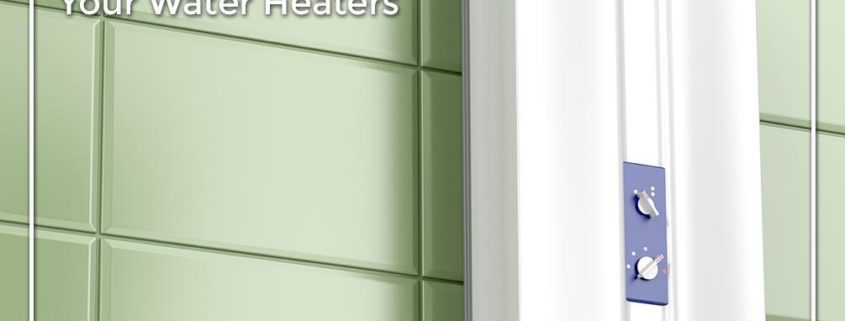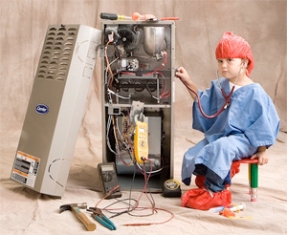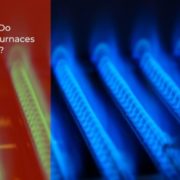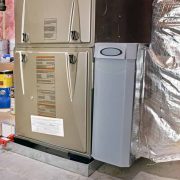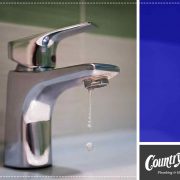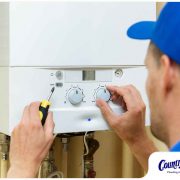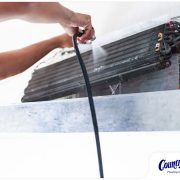The Effects of Hard Water on Your Water Heaters
Having hard water in your home can wreak havoc in all sorts of different places. Any pipe, appliance, or surface in your home where hard water flows is at risk of damage. One appliance most affected by hard water is the heater.

Efficiency and Cost
Hard water lowers the efficiency of a water heater and raises your operating costs. In a typical gas-powered water heater, a set of burners from the bottom heats the water in the tank. Hard water’s minerals can solidify in the form of limescale buildup on the bottom of your water heater’s tank. This forms a layer between your water heater burners and the water inside the tank. It then becomes much more difficult for the burners to heat the water. This reduces efficiency, increases costs, and finally reduces the capacity of the tank.
In electric water heaters, limescale builds up on the heating elements as well as at the bottom of the tank. Again, hard water will cause many problems in household appliances.
Flushing and Maintenance
Draining water will not remove all the lime buildup in a water heater tank. To flush a water heater, leave the inlet valve on. Connect a garden hose to the drain valve and then open this valve up. The force of the incoming water will remove more of the lime than by only draining the tank.
Water heaters that use hard water will usually need flushing every three months. This time frame may vary depending on the degree of hardness of the water. Water heaters operating on soft water generally don’t need flushing. For general purposes, annual flushing would be enough.
Hard Water Be Gone by Countryside Plumbing and Heating, Inc.
For professional help with your water heaters, Countryside Plumbing and Heating, Inc. is here for you. We are proud to be serving New Richmond, WI for over 65 years. Call (715) 246-2660 for plumbing, heating, air conditioning or water heater emergency services now.
